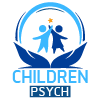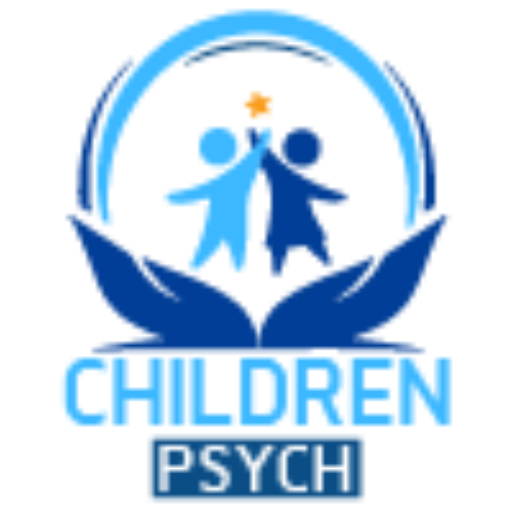Children are bound to misbehave in one way or another. You may find that your child throws tantrums to get what they want or break the rules to get your attention. These are all common behaviors in a growing child.
While these are common, behavioral issues could be harmful to both themselves and your parent-child relationships. This is why it is crucial to be attentive to your child’s conduct and fix them through peaceful communication.
Read on to discover the ways to address and help your child’s behavioral issues.
How to Address Interrupting Conversations
Your child may be eager to share something with you or to ask a question, but interrupting your conversations will not teach them to be respectful or to keep themselves occupied. They will believe they are worthy of people’s attention and will be unable to cope with frustration.
With that said, tell your youngster what to expect when you are busy at work, on a phone call, or have guests over at your home.
How to Address Aggression
You understand that you must respond when your child hits a playmate, but you should not overlook other subtle types of aggression, such as pushing a sibling or pinching a buddy. Aggressive behavior should be punished severely.
Rough behavior might become routine by the age of eight if you do not intervene. It conveys the message that causing harm to others is acceptable.
How to Address Ignoring Repetitive Instructions
Repeatedly reminding your child encourages them to ignore you the first time you talk with them. If you allow the behavior to continue, your child will become obstinate and domineering.
Approach your youngster, get down on their level, and give them instructions. Use specific instructions. To confirm comprehension, make eye contact and have them answer with “Okay” or repeat your instructions. If they disregard you, apply a penalty.
How to Address Self-treating
Allowing your child to go get a snack or switch on the TV on their own does not teach them to follow the rules. Wait until he’s eight and goes to see a friend three blocks away without permission.
Discuss your family rules with your child on a regular basis. Before using the television, instruct your youngster to turn it off and ask for permission. Declaring the rule promotes internalization in children.
How to Address Rude Attitude
Sassy behavior sometimes develops when preschoolers mimic older children. To see how their parents react. Some parents dismiss it as a passing phase, but you may have a wayward third-grader who has problems making and maintaining friends.
Encourage your youngster to make a positive difference. Inform them that they are not paying attention. They should not roll their eyes if they disagree with the option. It is not meant to make your child feel awful, but rather to show them how they look or sound and to provide them with a more effective way of communication.
How to Address Lying
If your child claims to have made their bed after only pulling up the blankets, it is critical to confront any deception. Because lying is typical behavior for toddlers, set early standards of honesty.
When your child lies, correct them. Children who are afraid of getting caught or punished are more inclined to lie. Instead of punishing them, teach them skills.
Conclusion
In stopping a child’s bad behavior, you must show them patience and respect for them to learn better. Teach them how to use hand signals or other forms of non-verbal communication in cases they need help or they simply want you to be around them. This will allow them to feel acknowledged and heard.
With all this being said, it’s important to simply communicate with them and to do so regularly. Following every conversation you have with your child, know that as a parent you must give them your complete attention and meet their needs. Thank them for their patience and reward them. Remember, appreciation reinforces the behavior.
Are you interested to learn about anxiety in kids? Children Psych is here to assist your child in growing up to have the best quality of life. Give us a call today to learn more about our services!




